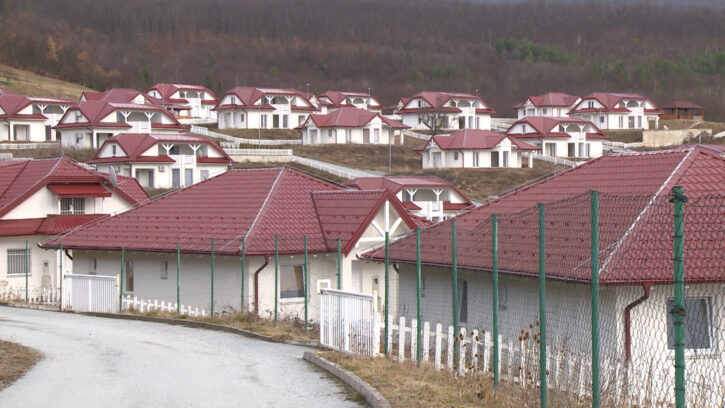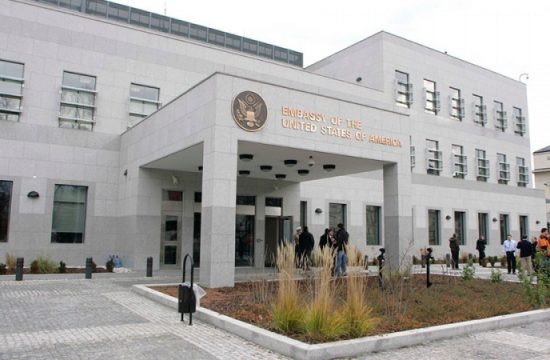
Unable to personally buy land in Bosnia as there is no bilateral agreement with their countries, citizens of middle-eastern and northern African countries have still managed to purchase millions of square metres of land in the Sarajevo Canton thanks to hundreds of companies they have registered, investigative journalists revealed last week.
About 160 companies, founded by citizens of Saudi Arabia, Kuwait, the UAE, Qatar, Jordan, Syria, Egypt, Libya and other countries, whose citizens can not purchase land in Bosnia, have since 2012 bought 15,3 millions of square metres of land around the capital thanks to Bosnian citizens these firms hired to represent them.
Who exactly bought the land and whether it was bought with ‘clean’ money is in a lot of cases unknown.
Many have started construction on that land but have then abandoned the construction sites.
“The investors intended to continue the construction of resorts, buildings, hotels, and individual objects. However, things didn’t go as they planned and they concluded they should leave,” Mirjana Popovic, from the Centre for Investigative Reporting, told N1.
“Many of them are now in a difficult situation because they lack the paperwork needed to legalise continuing construction,” she said.
Amarildo Gutic, a reporter from ‘Zurnal’, investigated the purchases and made the film ‘Arab Spring in the Golden Valley’.
“We still don’t know whether this land and property was bought with ‘clean’ money or if it is an attempt to launder money, (we don’t know) who is behind those companies, who the owners are (…) And if you go to those places today and try to contact the owners – it will be very difficult,” Gutic said.
In most cases, finding the owners of the land is impossible, and a large number of the companies owning it can not be found at the addresses where they are registered, according to the results of checks the Service for Foreigner’s Affairs made.
Of the 692 companies CIN checked, 469 were not at the addresses mentioned in their registration papers. The owners of 158 such companies did not have their residence status regulated and 113 founders or co-founders of companies were never registered as entering the country.
“We found several foreign nationals and their companies which owe this state millions in taxes. Then we included the tax authority and then security agencies, primarily the State Investigation and Protection Agency,” said the head of the Foreigner’s Affairs Service, Slobodan Ujic.
According to academic Esad Durakovic, the problem could have far-reaching consequences.
“Those are not investments, as many refer to them, it is not tourism either – but the land under our feet is being sold off. Meanwhile, there is an invasion of migrants from Asian and African countries into Bosnia. At the same time, tens of thousands of young people are leaving Bosnia for Europe, while we sell off land and accommodate migrants here,” Durakovic said.
“The result of it will, if not today, be fatal in the future without a doubt,” he said.



